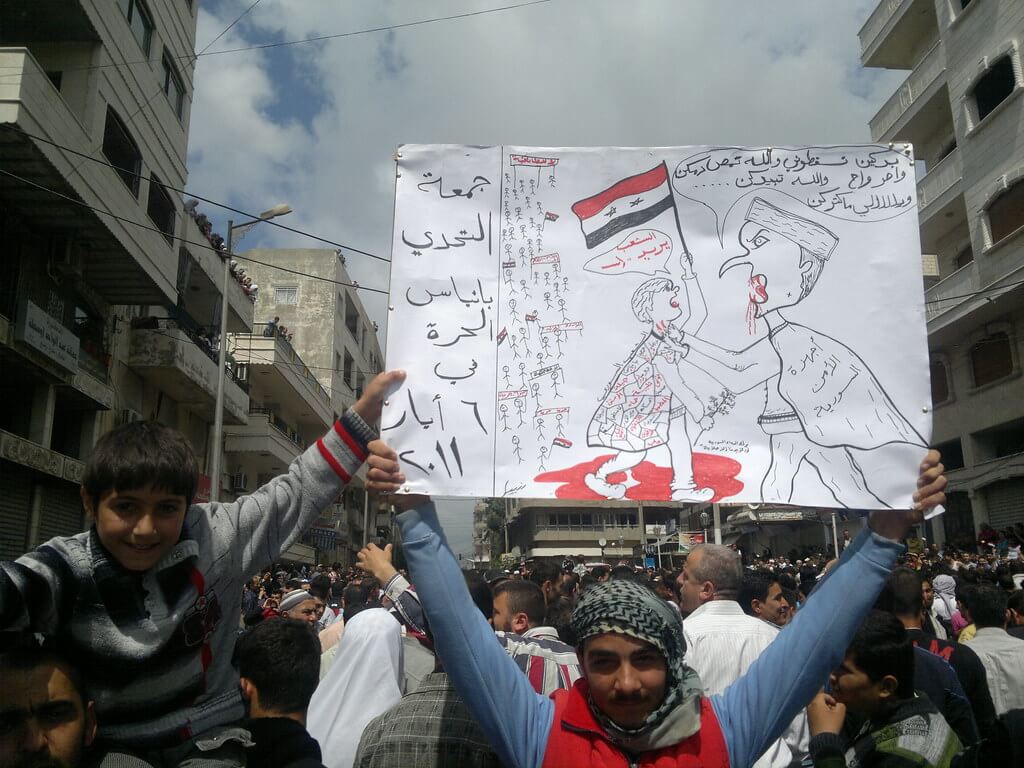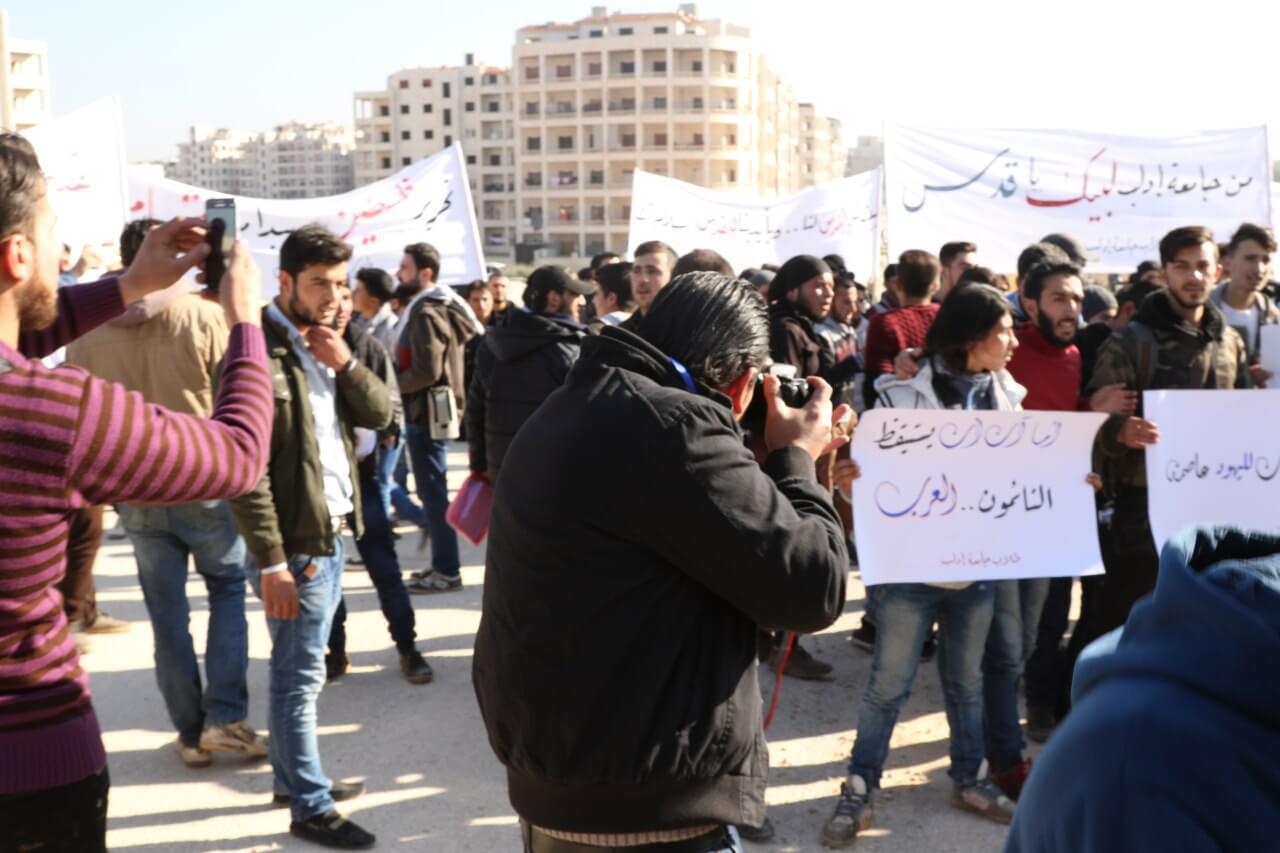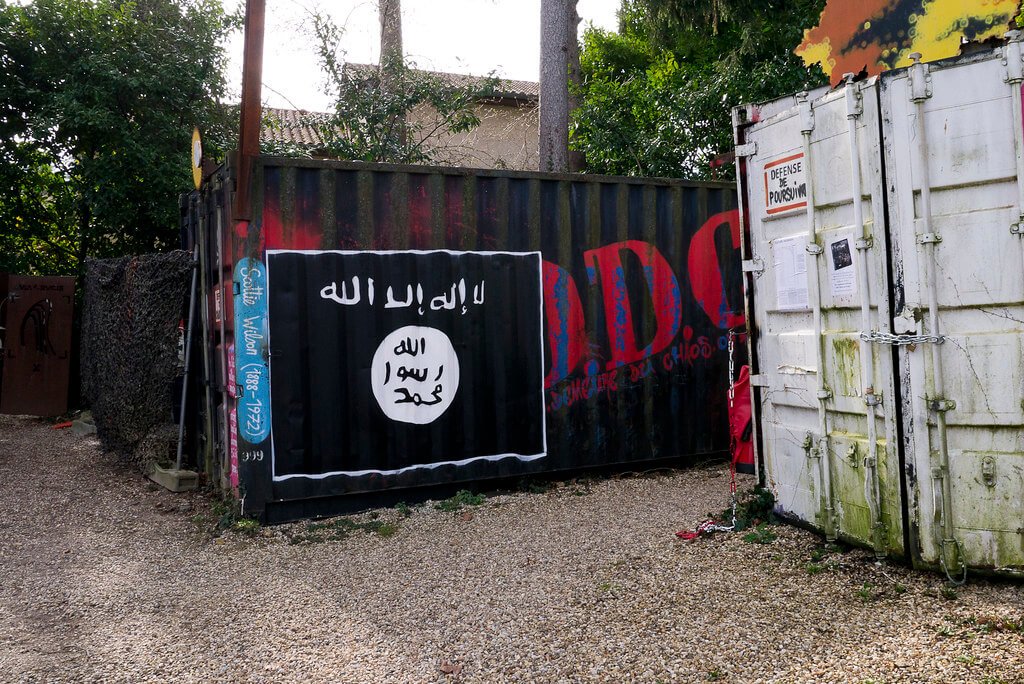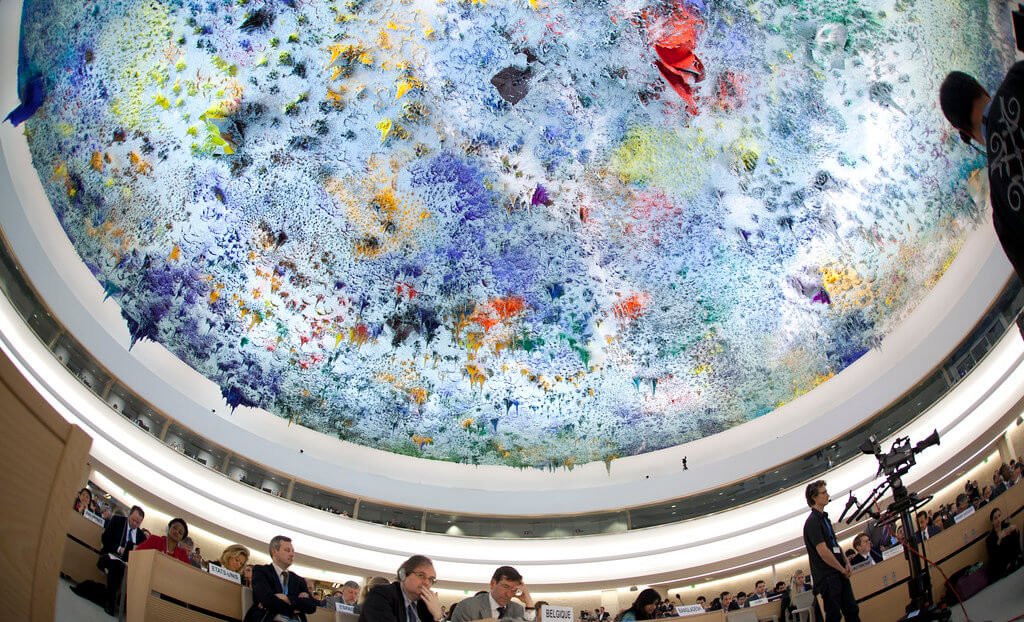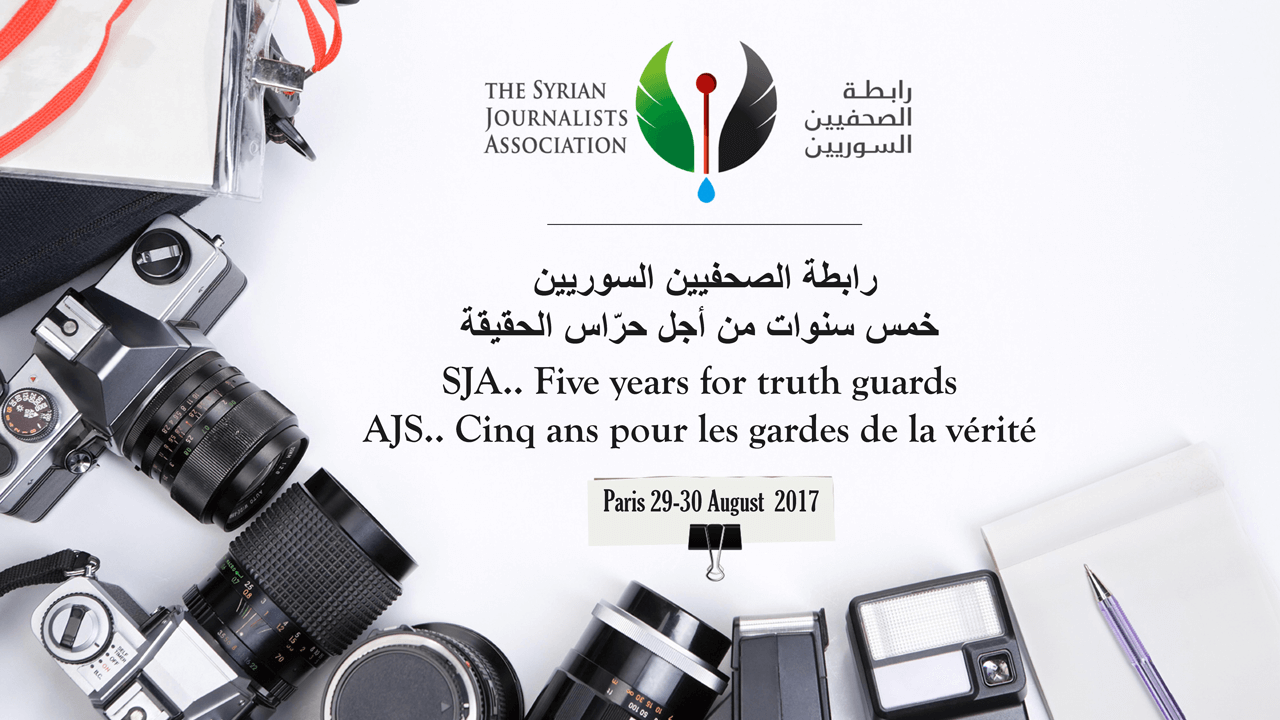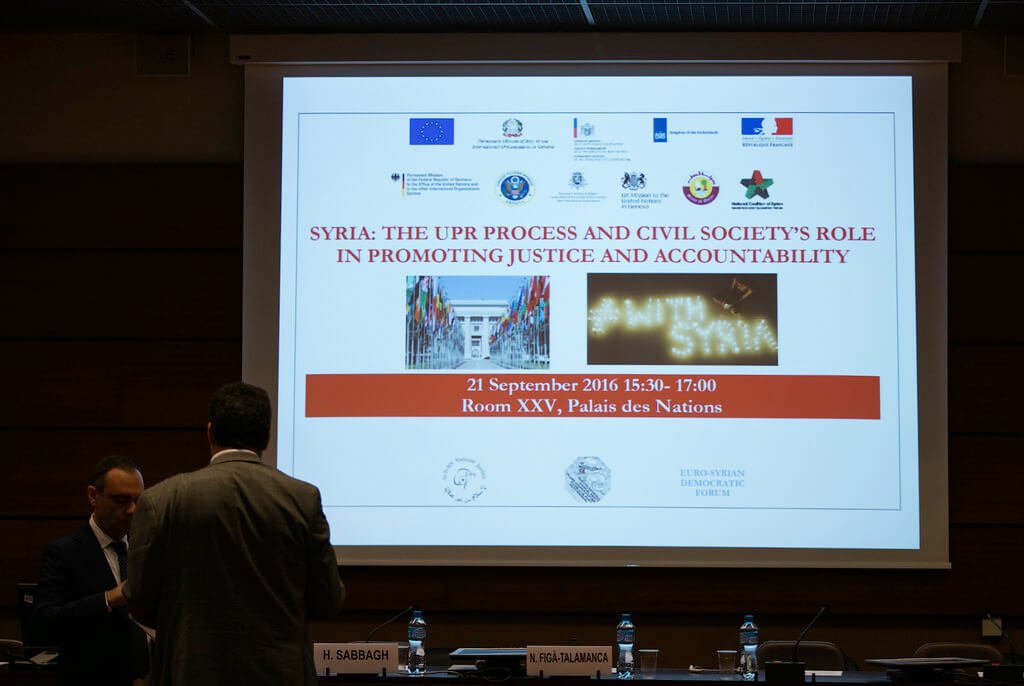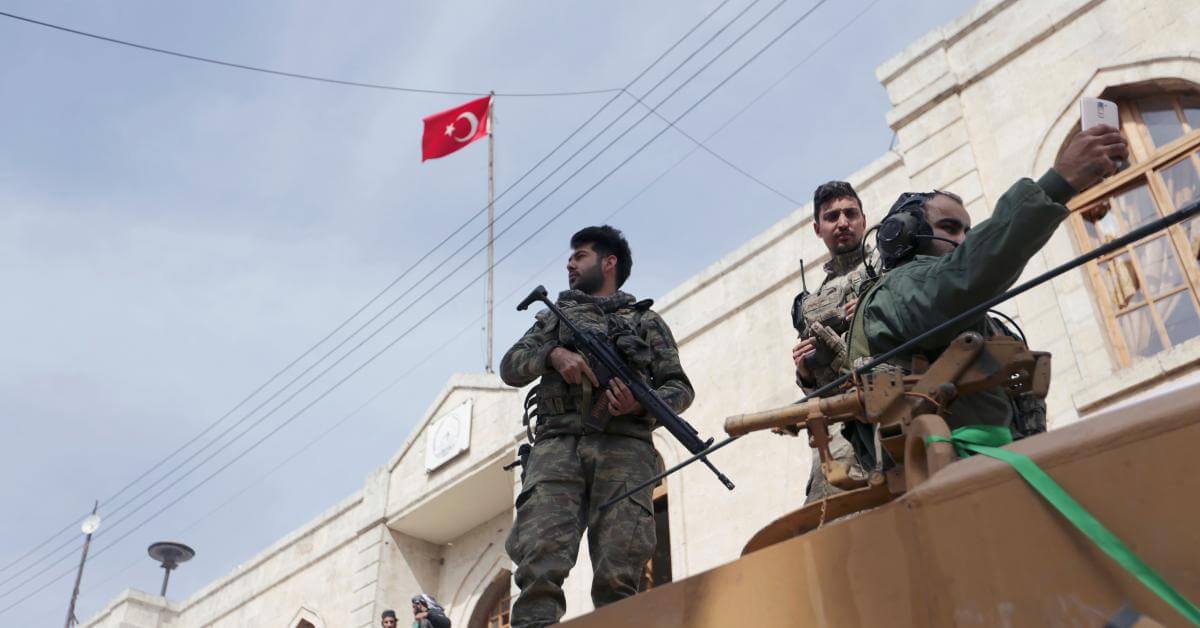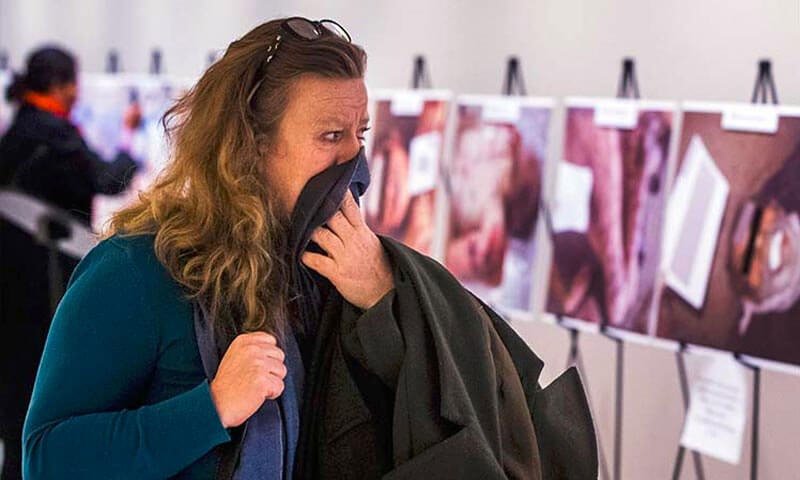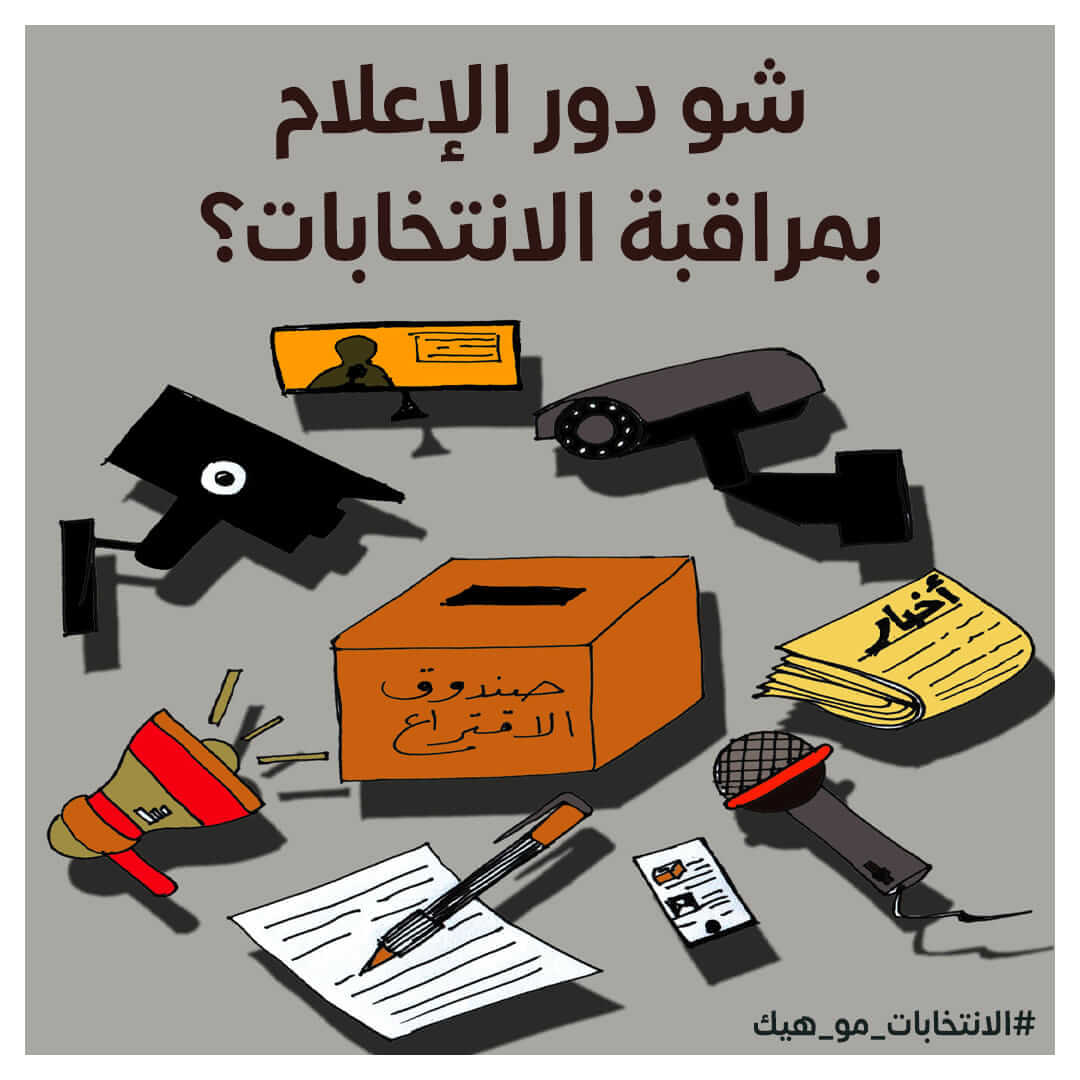
Timeline
Continuously moving within a dynamic conflict context and responding to the needs. Read all about the most important events spanning 10 years working on Syria:
The occasion of the program
The peaceful protests that started in Syria and spread quickly to almost every governorate, were critical in triggering civic dissent against arbitrary arrests, and the killing of peaceful demonstrators. Local activists, human rights defenders and citizens exposed repression and asked for regional and international support. Free Press Unlimited started its early response and assistance to Syrians in secure communication and self-protection advice (skills).
2011Media as a ‘weapon’ against violence
Peaceful civic demands for freedom and a more just society soon were shadowed by violent clashes. Society, especially youth, increased the use of films, pictures, and stories often taking media as a ‘weapon’ to fire rather than as a means to mitigate violence. First technical assistance started to a group of grassroot content creators (stringers, reporters, and sources on ground) that valued independence, professionalism and verification of information to become news agencies.
2012Critical voices to be attacked
While the FSA (Free Syrian Army) was gaining attention, voices that were critical began to be attacked so media practitioners quickly realised there were multiple parties who had an interest in hiding the truth in the conflict. FPU intensified the work, turning ‘activists noise’ to ‘voice’. To enhance the awareness and responsibility in becoming professional journalists, training and small grants were given to the grassroot content creators to build stability in their editorial team and production.
2013The arrival of ISIS makes the situation even more diffuse
ISIS occupies parts of Syria. More state and non-state actors became present in Syria. The UN intensified its resolutions for aid, security and relief in Syria. With violence increasing FPU focused efforts on protection and holding good governance, seeing the investment in institutions as a sustainable approach to create fundamental stability for Syrian journalists, that would lead to media acting in the interest of the Syrian audience.
2014The birth of the Ethical Charter
Russia launches a military operation, the start of the conflict-gamechange starts. Syrian journalists had a new challenge on how to maintain critical reporting in different controlled areas with different political agendas. During a period of two years, FPU held regular round tables (every 2 months), gathering partner and non-partner media organisations to tackle issues at stake for media and to draft collectively agreed code of conducts. For this, inspiration was also taken from other studied conflict situations. The eventual birth of the Ethical Charter, signed by 40 media organisations, was a loud call for all to commit to protecting the values and principles of ethics in times of divisions and different political influences. The charter became a professional model to refer to, irrespective of the ‘geography’ journalists are operating in, and take inspiration from for editorial work, but also became instrumental in keeping the importance of ethical behaviour high, also beyond the media sector.
2015More chaos calls for more media professionalism
After the UN Council unanimously adopted resolution 2254, the UN started to facilitate a Syrian-led political process. This included the WAB (Women Advisory Board), the only example of small success that gave some hope to the Track 1 dialogue for Syria. The regime’s control over Aleppo changed the expectations of many. This event was an opportunity that activated the shift of mindset into resiliency and long term ‘peace building’. More than ever it became clear that the Syria conflict was a long term ‘affair’. The partners media organisations started working on strategy development. Understanding the importance of their individual work versus their stakeholders’ work opened their eyes, sharpened their editorial line and defined their organisational line increasingly. This was a pivotal moment of consolidation, as journalists that were in the Charter started caring for legitimacy, accountability and transparency. Syrian journalists started gaining credibility, from being labeled as ‘opposition media’ to ‘independent media’.
2016Moving from stability to strategy
US started to arm YPG (Kurdish Popular Protection Units) to counterbalance Russia, Iran and Turkey while fighting ISIS. The new 5 year programme focused on institutional development, moving from stability to strategy. Big emphasis was given to media institutions. The support and strategic advice given was critical to the important role they played. Specifically, the SJA increased their membership and became an associated member of the IFJ (International Federation of Journalists) considered a strong recognition of legitimacy. The SJA was invited to participate in high level discussions, providing input on the position and importance of an independent media sector in the development of a constitutional framework for the country. FPU supported ownership and strategy, and contributed to bringing the Syrian voices to international media, by fostering inclusiveness and enabling the formation of alliances to shape common agendas and hold accountability. FPU was to support ownership, strategy and how to bring the Syrian voices in international media, fostering inclusiveness, enabling forming alliances to shape common agenda and hold accountability.
2017Focus on quality of content as a main factor of sustainability
The regime’s control over East Ghouta and the Turkey-backed opposition’s control over Afrin, faced the media and CSOs with further shrinking space in Syria and less time to develop. The survival test was due. The programme increased its focus on learning, measuring results, and using data to visualize the impact on the audience, making the quality and professionalism of content a main factor for sustainability. A mid-programme external evaluation defined the achieved development path as ‘a stateless transitional media framework’. Pre-conditions for Dialogue expanded further.
2018The bottom-up approach as a long term solution
The Turkish military operation in the North East meant that another ‘sphere of influence’ emerged, restricting the work of independent media and intensifying division. UN Peace talks were moving slowly and ended in disappointment. This was taken as an opportunity to reinforce the ‘bottom up and Civil Society self-determination’ approach. Supported media in the North-East remained, despite the Turkish offence, responding to civil pressure to keep broadcasting. A strong confirmation of impact and relevance of independent media.
2019More trust from the audience in independent media
The Caesar Act[2] sanctions, along with other factors such as corruption, a shadow economy, and destruction of infrastructure, lead to extreme poverty and the outbreak of COVID-19. Also the Lebanese economy crisis affected Syrians further. The timely upgrade to and use of a fully online-environment, and the adoption of new formats and research, allowed the programme to continue and achieve results. The 2020-audience-research showed a shift in the audience giving credit to independent media for more trust, more diversity, and less hate speech or polarization. The sustainability of independent media remained a priority, deepening audience loyalty and engagement, and keeping the dialogue active.
[2] pseudonym of a military photographer who smuggled 55,000 images out of Syria, showing torture in Assad’s prisons
2020The impact of elections on media
In 2021, presidential elections took place, Assad won with 95.1% of the votes. A media collective initiates an audience’s ‘election literacy’ campaign, in order to better understand the role and importance of elections in the future. A few bold champions are consolidating their presence and setting strong trends in the media. New priorities point to continuing dialogue, expanding audience engagement for a cohesive society and accountability. FPU’s programme reaches a critical milestone: What was once a media learning programme with grassroots initiatives, developed into a bottom up peace building media programme to engage in a positive future for Syria.
202110 years of EJSM
‘What was once a grassroots initiative developed into a bottom-up peacebuilding media program’ to engage for a future Syria.
Contact
- Weesperstraat 3, 1018 DN Amsterdam
- +31 20 8000400
- info[at]freepressunlimited.org
